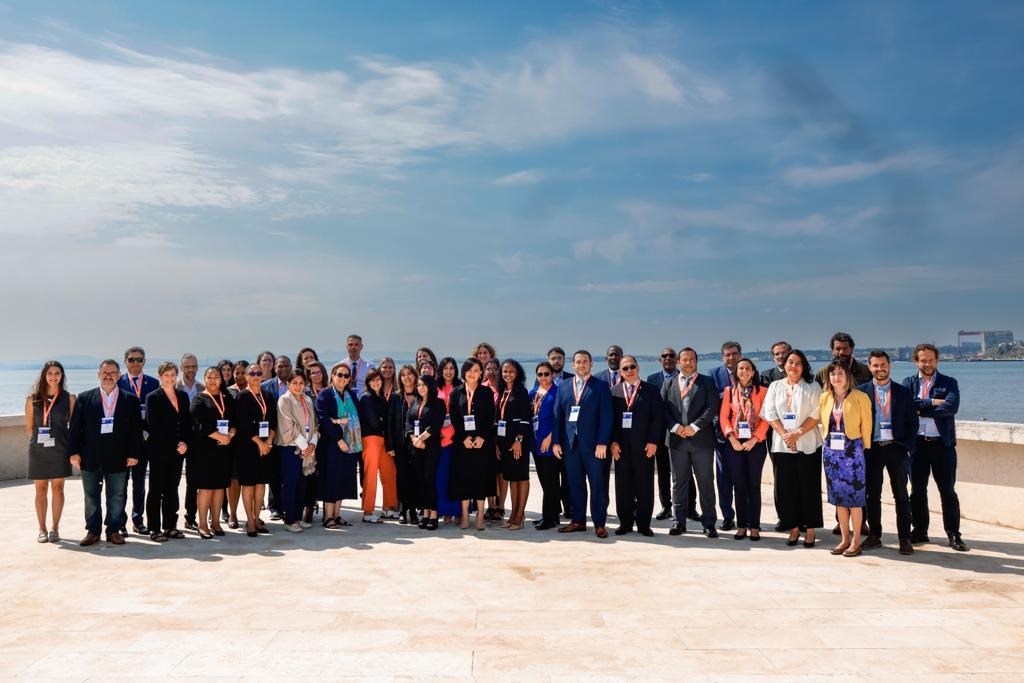The first Meeting of Drug Observatories organized by the European Cooperation Program COPOLAD III took place in Lisbon from May 22nd to 26th. During 5 days, the representatives of the different drug observatories were able to learn about the perspectives of the future European drug agency, by the European Monitoring Centre for Drugs and Drug Addiction (EMCDDA), the regional panorama in Latin America and the Caribbean, by the OAS drug agency (CICAD), or the context for research in the work of COPOLAD, among others. In addition, an important topic on the agenda was to present how the impact of drug policies on the social and rights dimensions delimited by the Sustainable Development Goals (Agenda 2030) will be evaluated. This line involves the conceptual and methodological design of the generic evaluation model with its priority dimensions and indicators, a model that will be suitable for the countries that will start the evaluation process.
“The development component of drug policies is a dimension that we have not dealt with and that seems interesting, but there are still many months of joint work to be done before we can make this landing concrete,” explains Uki Atkinson, head of the Jamaica observatory.
Holistic approach
The working sessions allowed the Latin American and Caribbean observatories to delve deeper into issues related to gender and a differential approach, problematic consumption, studies and monitoring of incarceration for minor drug offenses and citizen security, among other topics. Participants were also able to take part in the extended Reitox meeting, which connects national drug information systems.
“There are not many opportunities for public administrations, civil society and academia to coordinate their work, so this COPOLAD platform is extremely useful for the countries,” said Graciela Ahumada, former director of Argentina’s Drug Observatory and current expert in the COPOLAD II and II Observatory line.
To round off the week, the representatives of the Latin American and Caribbean experts were able to visit various initiatives of the Portuguese Drug Agency (SICAD), such as a mobile drug consumption room supported by civil society and a police forensic laboratory.






